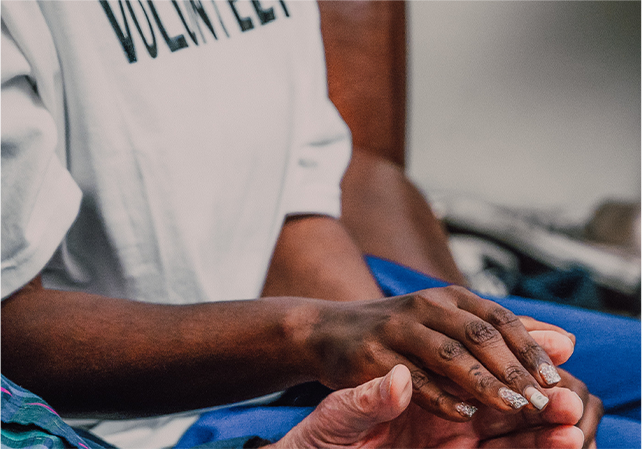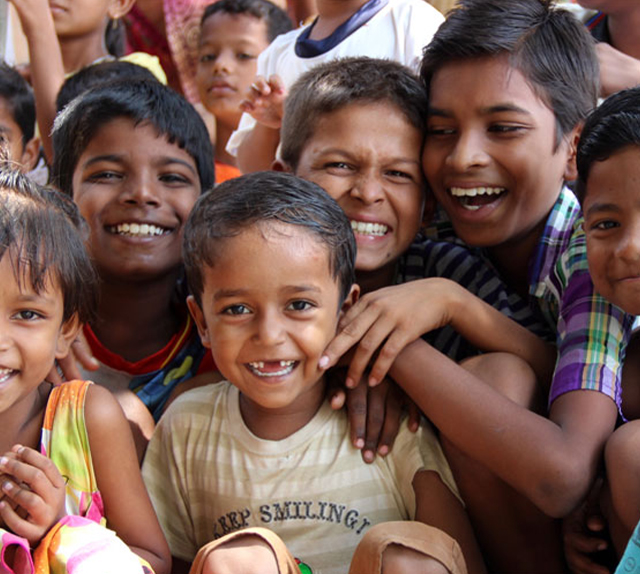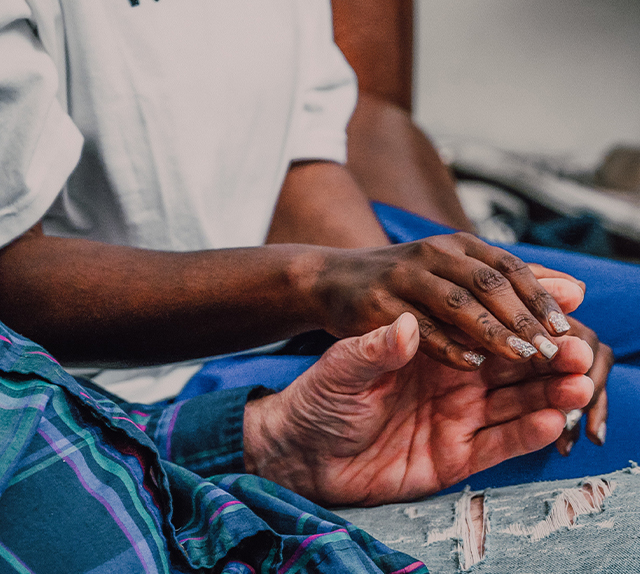Natural disasters, like earthquakes, floods, wildfires, or climatic events, can take place close to us or far away. But when we learn about calamity, it has some impact on us. We feel for the community that might be damaged and the people who have lost a dear one, home, and employment. It has an intense effect if you know the community that is affected.
If it’s an incident your kids are conscious of, talk with them about what they’ve understood and how they think. They will likely be sensible for the people affected, too. Learning what others are passing through may make children feel stressed, sad, or upset. To help them confront, attend calmly. Let them say how they feel. Let them realize it’s OK to think the way they do. Help them feel comfortable.
When it seems right, you might also talk about how we could help those suffering people. When you express to kids how to turn their empathy into positive action, they realize even they can make a change in the world.
How Can We Facilitate this?
Many organizations are set up to help people during a calamity. The best thing you can do is to help them. They know what is required for every situation. They can show you how to give. Visit the websites of such organizations to find out what they require. It’s OK if you don’t have a lot to donate. Every donation, small or big, benefits rehabilitating when communities are hit by natural disasters.
What can you give?
Donating money invariably helps. But it’s not the only thing you can do. Here are a few other ways that you and your family can help out:
Provide food or other items. Check with your local Red Cross branch, community center, or area of worship to find out what they require. Sometimes, charities get a flood of donations and have to use up money, handling and storing the extra items. So ask what’s expected before you give.
Give your time. Propose to support sort through donations or deliver goods to people affected by the calamity.
If possible, organize a fundraiser. Start a campaign to collect supplies or money for disaster sufferers. Or plan a run, walk, bake sale, or another movement to raise money. A good spot to do it is through your place of worship or your children’s school.
Why does It make a difference?
Offering your money, time, or measures can help the suffering community — and others — in a time of necessity. It’s also a way to teach your children to value offering. Times you devote to helping others, especially as a family, are times children will always remember. It’s thoughtful and helps you feel closer.
Donating and helping deepen positive feelings like gratitude and compassion. These sentiments feel good. And they make us good, too. They build handling skills, calm down our stress response, and benefit our mental well-being. And that’s good for everyone.





